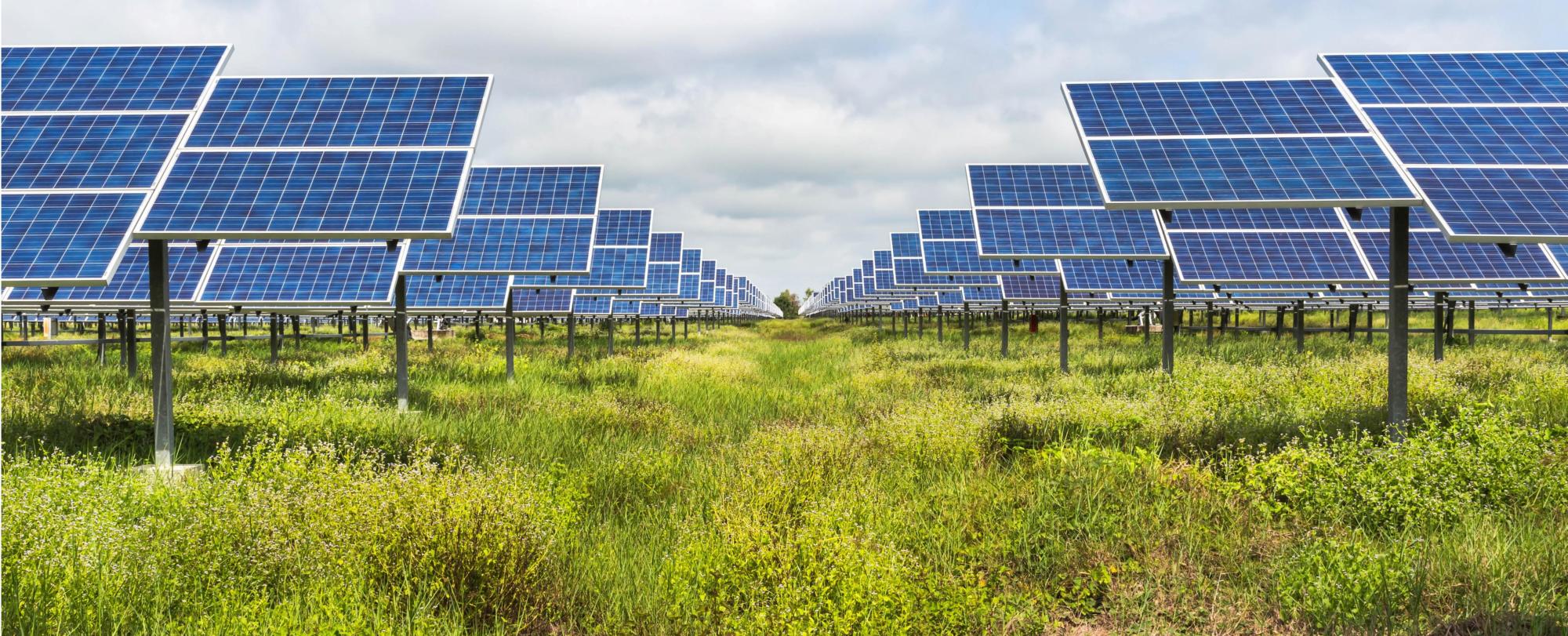
Blog post
Green bonds: “I know it when I see it”
Energy Blog, 31 March 2021
With ESG becoming an ever hotter topic as investors want to find sustainable and green assets, and the EU is working on setting definitions and standards (see Greenwashing in finance: Europe’s push to police ESG investing) to limit greenwashing, it is worth remembering one of the best known sentences in US Supreme Court history, when Justice Potter Stewart wrote that obscenity was hard to define, but “I know it when I see it”.
I’d like to argue that green investment is the same: it’s pretty obvious when an investment or asset fits the bill, and it’s therefore rather clear that anybody who needs a label on their activities to say they are green is only doing so because they do not meet that smell test… And thus most green labels are dangerous as they are either unnecessary or misleading.
A loan to a wind farm does not need a label. Any funding of greenfield projects should count, as this brings investment to new sustainable assets. Any financing of acquisitions or any refinancing of existing assets should not count as it creates no new green assets. Conversely, a corporate bond by a utility that takes advantage of the fact that they are now mostly building renewable energy generation capacity is not really helpful either – they were going to invest in renewables anyway, and the bond itself does not change that. The only way a corporate bond would matter is if it covers the marginal new investments of the company and forces them to change their investment plans – in other words, it needs to actually be linked to identifiable projects, that can then be described as legitimate greenfield investment. So that means limiting ESG to actual new projects, with a direct link between the funding and the project construction (ideally if it’s dedicated financing, or if via a corporate, that there is a link and the investment requires that financing to actually happen). Good projects promoted by non-green sponsors could then be labelled as green even if their promoters themselves are not. We should encourage polluting industries that clean up their act by recognizing the steps in the right direction that actually make sense – so this should take the form of project-specific financing and not corporate financing.
This thus takes back to the Supreme Court definition: a financing instrument can be labelled green when it actually is instrumental to making happen an obviously green project – and you know it when you see it.
Jérôme Guillet co-founded Green Giraffe in 2010 and was a Managing Director until 2021.
